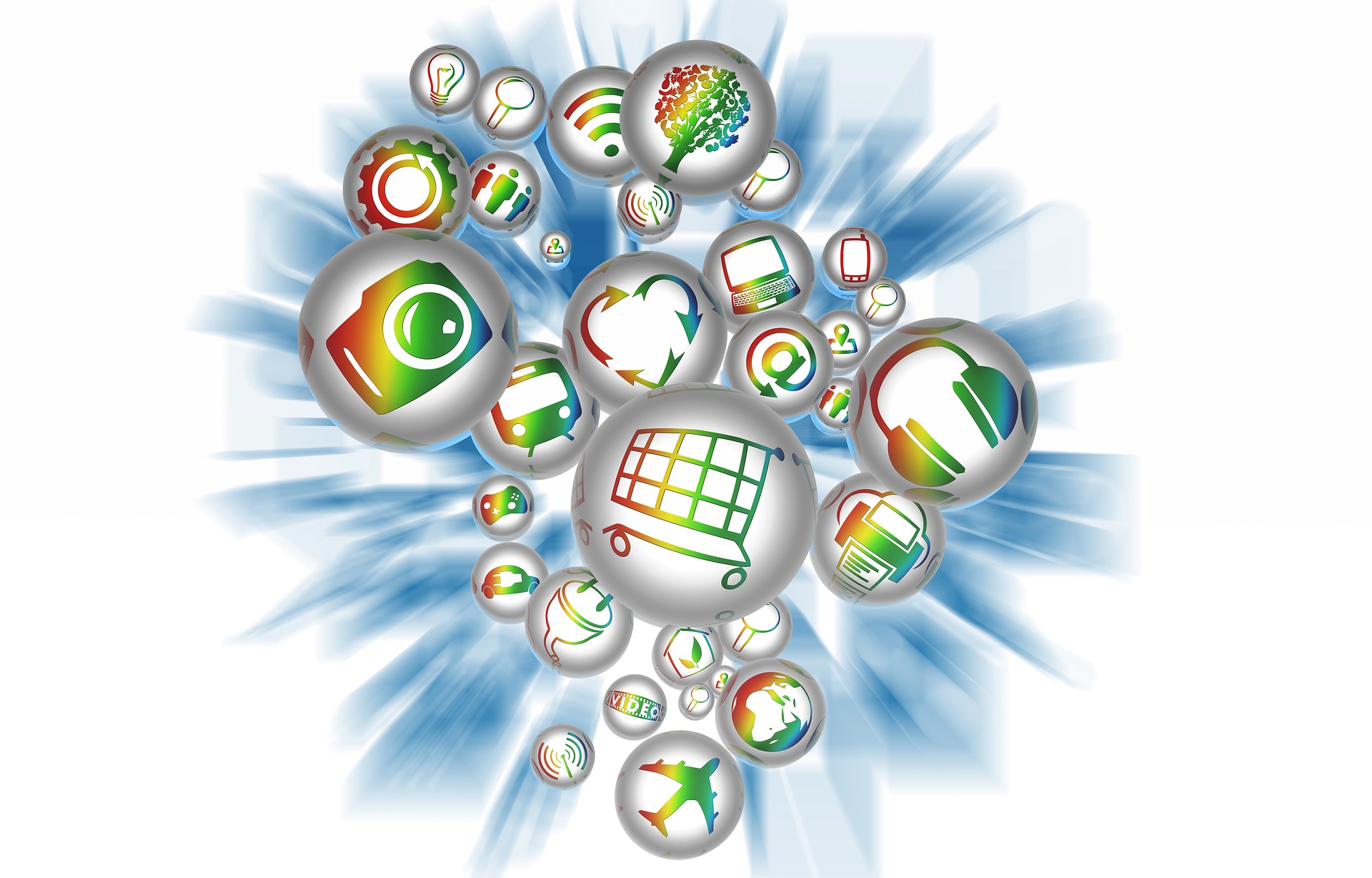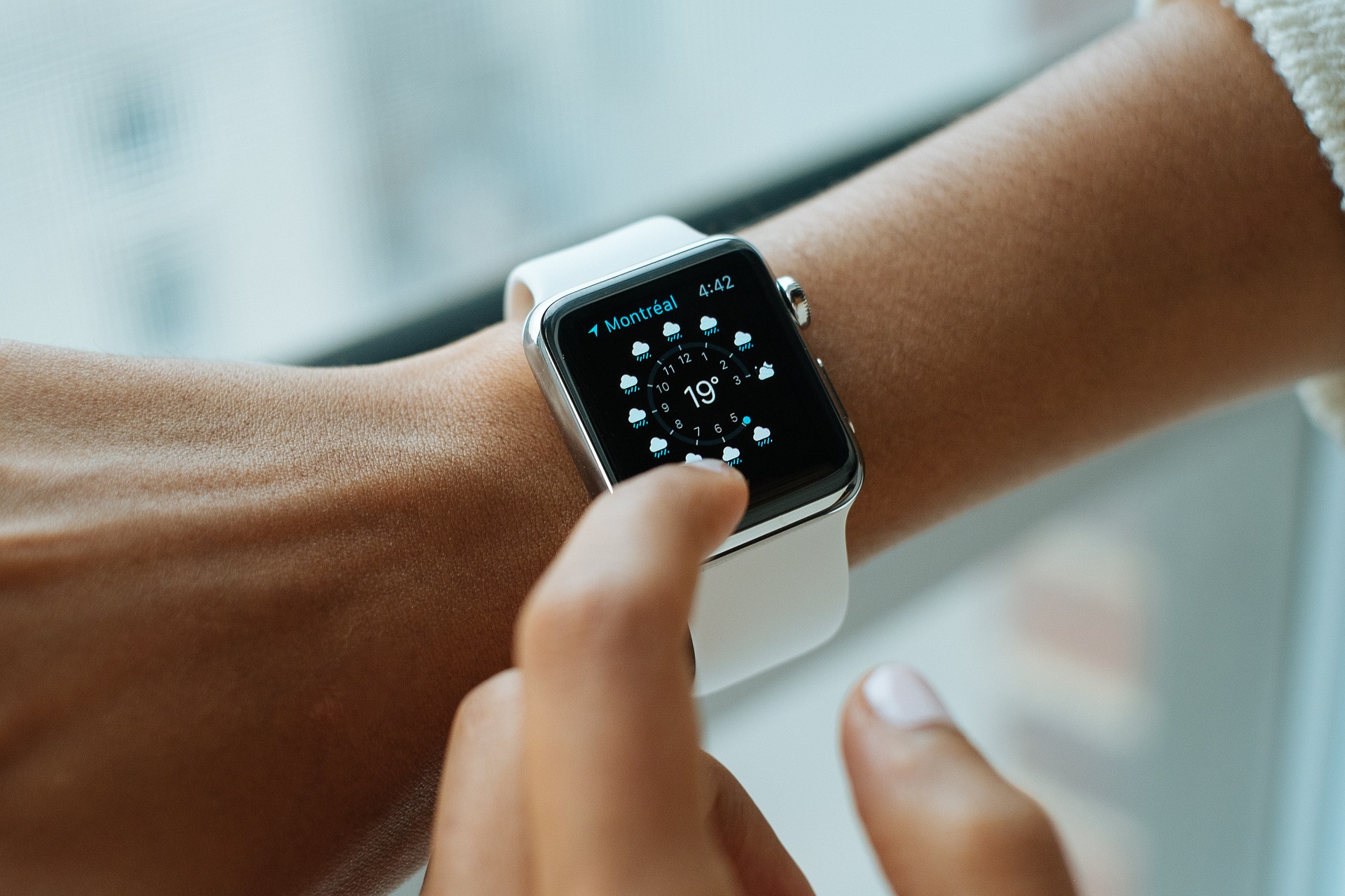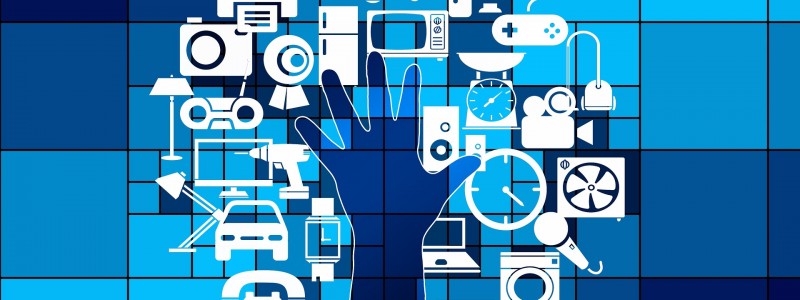In our high-tech, smartphone-abundant world, you might be forgiven for thinking that the internet has seamlessly integrated itself into modern life. However, tech leaders are striving for even more connectivity.
The idea of enabling everyday objects with the internet and computing capability is known as the internet of things (IoT). These objects will be able to create new data and exchange it with other devices. It’s the way of the future– some predict the IoT to grow to 75.4 billion connected devices by 2025! So brush up on your IoT knowledge now with this list of five essential things you need to know about the internet of things.

1. Your Home is Getting Smart
There are already many IoT devices on the market, ranging from Smart home assistants like Amazon Echo to smart wearables like Fitbit. Any device in the house that has a switch has the potential for connectivity, including your coffee maker, your thermostat, and even your toilet paper holder!
2. The IoT is Impacting Businesses
Just as our homes are getting smarter, our workplaces will be more connected too. The industrial internet of things making the manufacturing process more productive with machine-to-machine communication. But speeding up production is not the only way the IoT affects business. Every step in the supply chain will be impacted. Companies will find marketing and inventory management easier, while consumers will be able to shop more efficiently and have their products sooner.
3. Smart Cities are On Their Way
The connectivity and data collection that is the hallmark of the IoT can be integrated into our infrastructure too. Nearly every public sector will be affected, including transportation, law enforcement, waste management, energy, and health care. One such smart city is Barcelona, where those principles are enacted with citywide wifi, digital bus stops smart trash cans and even sensors in the street that guide drivers to parking stops. This “network of networks” has reportedly saved Barcelona $58 million annually just through smart water technology!
4.There are Dangers
As the recent malware attacks on global computer systems demonstrated, technological vulnerabilities can be devastating. Just imagine how much worse a cyber attack would be on a self-driving car or an entire city. Concerns have been raised that the IoT is especially vulnerable to botnets who carry out distributed denial of service (DDoS) attacks that make the device inaccessible. In addition to hacking, some are worried about privacy rights, surveillance, and what it means when Big Data can have access to how often we speed or brush our teeth in addition to our Netflix habits.
5. The Tech is Outpacing the Regulations
One major reason why concerns about the dangers of the IoT haven’t been abated is the rapid rate of progress. The technology is advancing so fast that public policymakers and industry leaders alike are finding it challenging to implement effective regulations. There is a tendency to think of the internet as outside the law, a virtual wild west. However, that all changes when cars, machinery, and public streets are a part of the web. Issues of privacy and accountability need to be addressed, and an ethical framework needs to be drawn up as well.

The gap between the digital and physical world is slowly being erased. Proponents of IoT are predicting you’ll be more productive as you save money and time with smart devices. By outsourcing your energy to the cloud and your smartphone, you can live a more efficient life. However, there are major concerns over security and privacy that need to be addressed.

